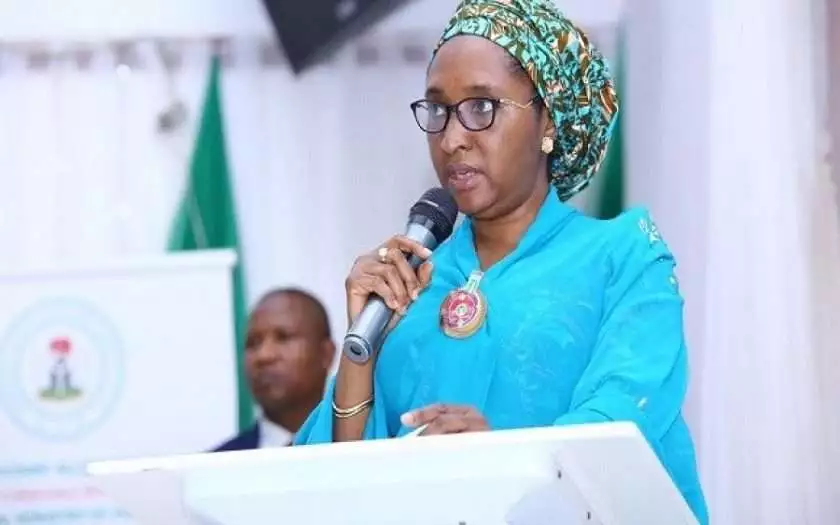The International Monetary Fund, IMF has given the green light to the federal government over the $3.5 billion loan request it applied for early this month as part of the measures to cushion the effects of the corona virus pandemic on the economy.
The loan, IMF warned should be deployed to support the health and education sectors.
Part of the $3.5 billion loan, the world financial body said should be dedicated as cash transfers to the most vulnerable in the country.
Last week, the European Union donated 50million euro to the federal government as the blocs’ contribution to assist the President Muhammadu Buhari administration to contain the spread of the virus.
But the IMF has also during the week omitted the country from loan reliefs granted over 20 countries, mostly poor nations in Africa and the Caribbeans
The Minister of Finance, Budget and National Planning, Zainab Ahmed had disclosed that the loan will be used to support fiscal stimulus measures in response to COVID-19 pandemic and oil prices shock.
The loan, the minister said is a concessional funding from IMF and the African Development Bank to support the 2020 budget
Abebe Selassie, IMF Director of the African Department (AFR), made this known on Thursday while presenting the Sub-Saharan African regional Economic Outlook at the ongoing virtual meeting of the IMF/World Bank in Washington D.C.
Selassie, however warned that the loan will not be enough to support the economy, that the federal government should galvanise other revenue sources to provide infrastructure and social services to Nigerians.
The loan, he stated “ is a quick instrument that the government can use to strengthen health spending and provide social protection for the people. There should also be monetary and fiscal policy framework that will help Nigeria put the COVID-19 crisis behind it” .
Meantime, the IMF official said all effort must be geared towards rescuing the country from the spread of the novel virus.
He said “In the medium term, enough resources should be put in to address the health challenges and risks that Nigeria faces due to the COVID-19 pandemic. There should also be a scope for more supportive policies.”
All resources, he explained ,must be mobilized to assisting the most vulnerable people in the country, small businesses, particularly those in the informal sector.
According to him “Timely and temporary fiscal support is also crucial to protect the most affected people and firms, including those in the informal sector. Given the one-off nature of the shock, some discretionary fiscal support is warranted, even in countries with limited space.
Policies could include cash transfers to help people under strain (including through digital technologies) and targeted and temporary support to hard-hit sectors. Once the crisis has subsided, countries should revert fiscal positions to paths that ensure debt sustainability.”
Discover more from The Source
Subscribe to get the latest posts sent to your email.








